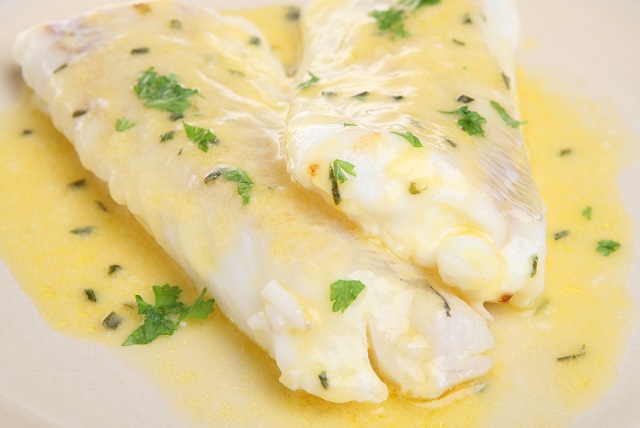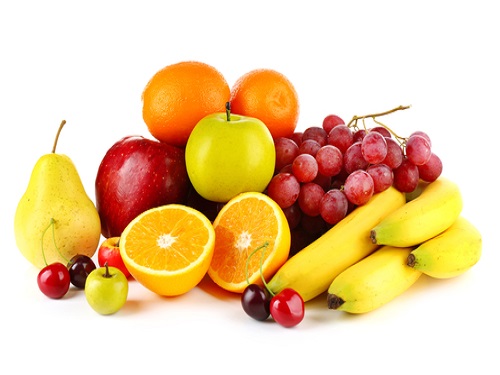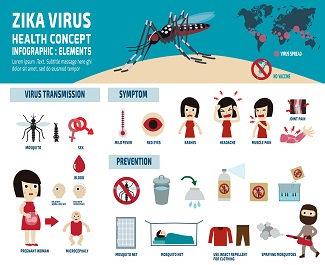Do you love seafood but are unsure of whether they are safe to eat during pregnancy?
There are certain types of seafood that you should absolutely avoid during pregnancy, but rest assured, you’re not banned from all kinds of seafood!
Seafood is rich in omega-3, high quality protein and essential nutrients for the healthy development of your baby. It is perfectly okay to eat seafood in moderate amounts during pregnancy.
However, here are some guidelines on what kinds to seafood to eat and what kind to avoid during pregnant:
1. Avoid seafood with high mercury content
Almost all seafood contain mercury, but most of them have low mercury levels that are safe for consumption. However, some seafood contains high levels of mercury which can be harmful for the baby’s nervous system.
According to the U.S. Food and Drug Administration, pregnant women should avoid eating the following seafood:
- Shark
- King Mackerel
- Tilefish
- Swordfish
- Marlin
Instead, you may opt for fish that are low in mercury. These fish include the following:
- Shrimp
- Canned light tuna
- Salmon
- Pollock
- Catfish
- Clams
- Scallops
- Sardines
- Squid
- Oysters
- Anchovies
Albacore tuna also contains more mercury than canned light tuna, so you should limit your consumption of albacore tuna to 1 serving per week.
2. Avoid eating raw fish
Undercooked or raw fish contain parasites and bacteria that may lead to birth defects or developmental problems in your foetus. While your body can fend off these bacteria for you, your baby’s immune system is not developed enough to protect itself.
So, as much as you love your sashimi, it’s best to stay away from raw fish when you are pregnant. Ensure that the fish that you eat are cooked thoroughly.
3. Avoid smoked seafood
Smoked seafood could still be carrying listeria, and this could lead to stillbirth, miscarriages, and pregnancy complications. Remember that all the seafood you eat should be cooked fully.
4. Take precaution when preparing seafood
- Wash your hands thoroughly before and after handling raw seafood.
- Wash all cutting boards, utensils and tabletops with soap after handling any raw food.
- Use separate knives and cutting boards for raw seafood.
- Discard any food that is left in room temperature for more than two hours.
- Leftover food should be stored in an airtight container in the fridge at 4 Degree Celsius or lower. They should be discarded after 4 days.
5. Eat a variety of seafood
By including different types of (low-mercury) seafood in your diet, you can obtain a variety of fatty acids, vitamins, nutrients and minerals that are good for your baby’s development.
Shrimp:
- High in protein, selenium, Vitamin B12, phosphorous, choline, copper, iodine
Salmon:
- High in omega-3 fatty acids, vitamin D, selenium, vitamin B3, protein, phosphorous, vitamin B6, iodine, choline, pantothenic acid and biotin
Sardines:
- High in calcium, selenium, phosphorous, protein, vitamin B12, fatty acids and vitamin D
If you’re unsure about the types and amount of seafood that you are eating, consult your doctor for advice.
Subscribe to receive newsletter on pregnancy and parenting in Singapore.


